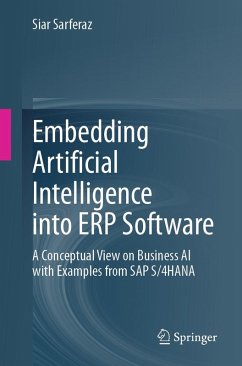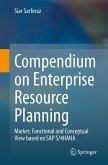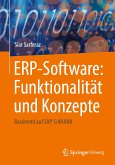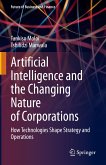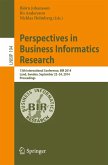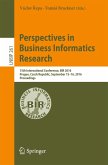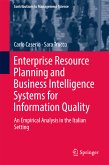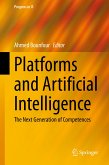As a general introduction, the first part of this book takes the reader through a historical journey towards intelligent ERP systems. In addition, reference processes and a reference architecture for ERP systems are proposed which build the foundation for the suggested subsequent solution concept, including a method for operationalizing intelligence for ERP business processes. Subsequently, in the second part detailed concepts of embedding artificial intelligence into ERP software are proposed. In this context the suggested solution architecture is depicted, and specific topics are resolved like data integration, model validation, explainability, data protection and privacy, model degradation and performance. In the last part an implementation framework is suggested which enables the previously introduced concepts and harmonizes the development and operations of artificial intelligent ERP applications. This part concludes with case studies considering artificial intelligence scenarios of SAP S/4HANA in the areas of logistics, finance and sales which apply the defined solution approach and shows its real-world feasibility.
This book is written for professionals who want to implement (as developers) or exploit (as business analysts or consultants) or consider/plan the implementation/exploitation (as managers) of artificial intelligence in business information systems.
Dieser Download kann aus rechtlichen Gründen nur mit Rechnungsadresse in A, B, BG, CY, CZ, D, DK, EW, E, FIN, F, GR, HR, H, IRL, I, LT, L, LR, M, NL, PL, P, R, S, SLO, SK ausgeliefert werden.

